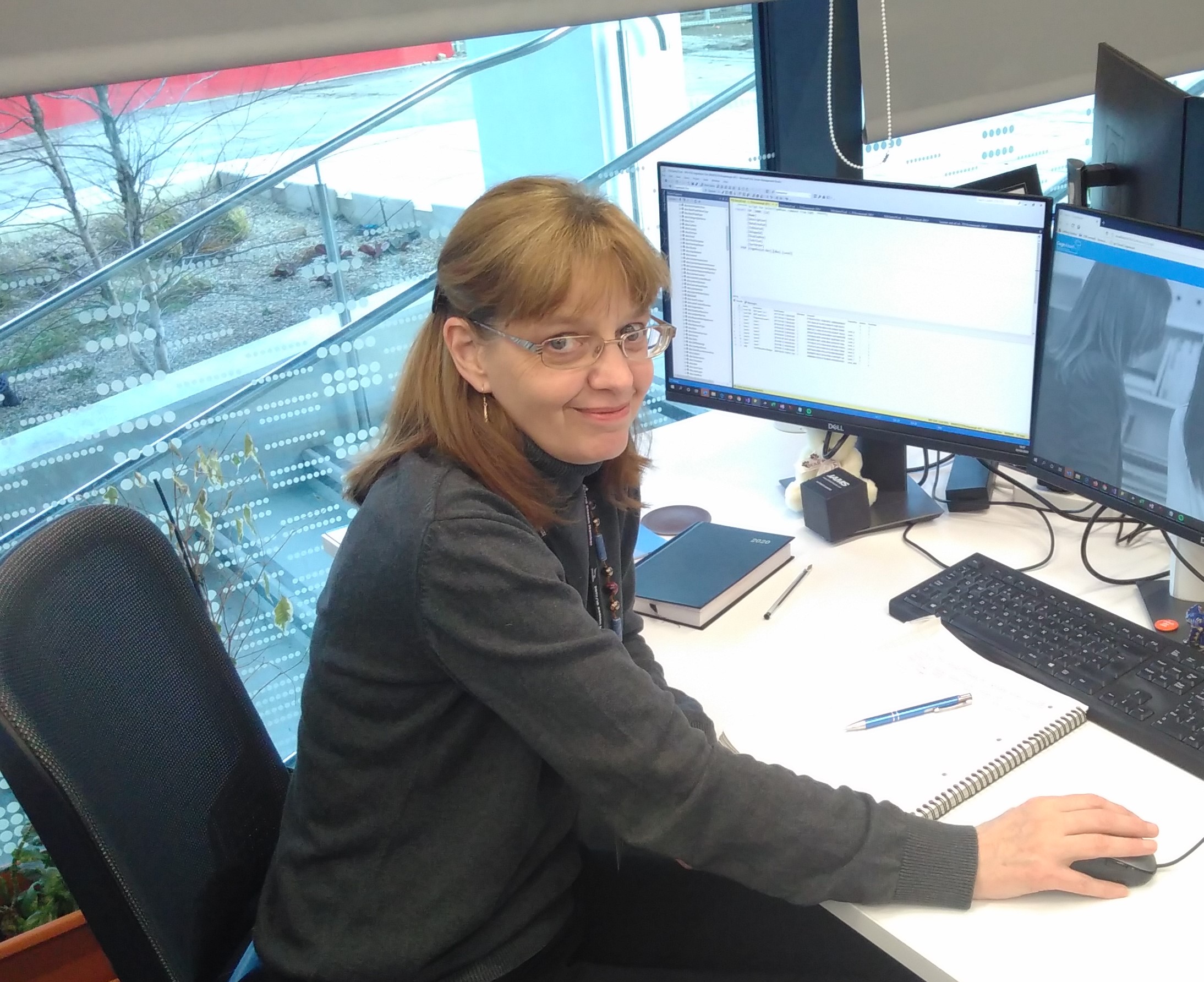As we gear up to International Women’s Day (8 March) and British Science Week (6 – 13 March) we chat to some of our inspirational tenants and collaborators about being a woman working in Science, Technology, Engineering or Maths.
Today, we’re in conversation with Fiona Waugh, a software development team leader with CognAssist. CognAssist supports neurodiversity and removes barriers to learning for everyone in the post-16 sector. CognAssist’s online assessment tool works by quickly and easily identifying learners with additional learning needs, assessing those needs and providing a robust report evidencing those needs.
Firstly, can you tell us a little bit about what you do?
I work on adding new features to our online tools providing Higher Education, Further Education, and independent training providers with tools to recognise neurodiversity and improve learner outcomes. The requested features come as a result of research from our neuroscientists, or day-to-day users of the site. We are continually working to make the application easier to use, and to update it to use the best industry standard technology.
What does your role involve on a day to day basis?
On a normal day I discuss the functions we need to add, with the product owner and her team as they work directly with our users. Technically we then design the solution and then write the software to implement it. A big part of the day is quality assurance, using manual and automated processes to test and confirm our work.
Once or twice a month I publish the changes we have produced. At this stage I enjoy writing a description of the new features for our users, ensuring it is in language that they can understand.
Why STEM?
I enjoyed IT at school and assumed that everyone did. It was quite a surprise to learn that a lot of my friends didn’t, so I decided it was a path that I was particularly suited to follow. I also wanted to find ways in which my skills could be used for positive change, so I hunted out employers I believed in and admired. I have worked for a Fair Trade innovator, an international development charity, and now for a company helping neuro-diverse learners to achieve their potential.
In 2000 I moved with my family to Nairobi, Kenya, and worked for nine years for a charity providing flights and technical support to some of the poorest and most isolated communities in East Africa. My role was designing and developing flight planning software and training staff to use it. This enabled local and international organisations to reach isolated people. It was inspiring to hear of the benefits that our charity was enabling our passengers to access. For example, we flew a team of eye surgeons around Kenya for a week at a time, along with all the equipment they needed to set up a temporary operating theatre. They carried out several hundred cataract operations in each location, giving sight to people who had no other way of accessing the operation.
A recent study by Teach First found that more than half the population couldn’t name a female scientist. Can you tell us about someone who inspired you in STEM – famous or otherwise – and why?
I have been inspired by listening to Dame Stephanie Shirley, Entrepreneur and Philanthropist.
She broke barriers in giving opportunities to female software developers and undertaking high profile contracts for a company headed by a woman. After selling her company she has focussed on philanthropy, instigating and funding research in the field of autism, as well as studying how to improve the IT industry and the role of the internet in society. She once said: ‘A lot of people go into business to make money. I really didn’t; I went in with a mission for women.’
What would you say to inspire a young woman considering a career in STEM? Any tips?
Software development is a rewarding role, with many opportunities to make a positive difference. On a day to day basis, it provides variety, flexibility and challenge. I love the satisfaction of battling with a problem and suddenly achieving the solution and there is a great reward in writing something that will allow somebody to do their work more quickly or more easily,
And finally, why is Newcastle and the wider region such a great place to work in STEM?
Newcastle is a lively place to work, and there are always IT meetups and training events taking place. The city centre has good transport links with the wider area, so over the years it has been possible for me to work all around the region without moving home.
The Biosphere is hosting a celebratory #WomenInSTEM event on Friday 6th March to mark International Women’s Day. Click here for more information and to sign up.



